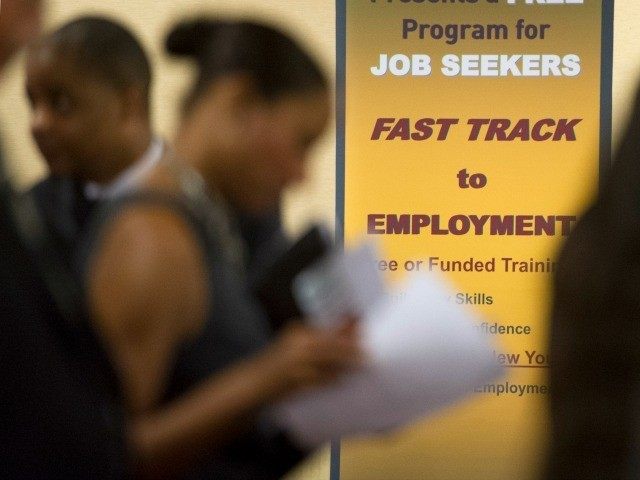A report from the Congressional Budget Office concludes that ObamaCare will reduce the labor supply by 2 million workers below what it would have been without the health care overhaul.
The impact will be felt over the next 10 years and translates to a 1 percent reduction in the number of Americans working or looking for work.
The report doesn’t look at the number of jobs that will be created or destroyed as an impact of ObamaCare. Rather, the study looks at the impact of the law on individuals’ choices about whether and how much they will work.
“The projected reduction in the labor supply would occur in several ways,” the report says. “Some people would choose to work fewer hours; others would leave the labor force entirely or remain unemployed for longer than they otherwise would.”
In many aspects, the impact of ObamaCare on the labor supply is more damaging than the overall number of jobs created or destroyed. ObamaCare is built on a series of perverse incentives, where benefits or subsidies fall as an individual earns more income. Individuals may choose to work less as a way to forgo income in order to maintain the law’s benefits.
By itself, this put added pressure on federal spending for health care than would otherwise be the case. According to the Center for Medicare and Medicaid, the federal government already spends almost $1.4 trillion a year on health care costs. The government’s health care tab is more than double what it spends on national defense and the military each year.
The most dramatic impact of the anti-work bias of ObamaCare is felt among those workers who become eligible for health care as a result of the expansion of Medicaid. The law allows states to expand Medicaid to adults, without children, who earn up to 137 percent of the federal poverty rate. A number of states adopted the expansion because of the bulk of the costs are paid for by the federal government in the first few years of the program.
As these employees earn more, however, they lose the health benefits, equating to a marginal tax rate of 70-80 percent on their income. The CBO estimates that a large number of these beneficiaries, up to 4.8 million, may simply leave the labor force rather than lose health insurance benefits. The law could ultimately reduce their labor-force-participation rate by 4 percent.
Pushing more marginal workers out of the labor force as a result of ObamaCare’s disincentives to work carries a societal cost far higher than the added cost of a government benefit. Government ought to create incentives for people to enter the labor force, not leave it behind.
The CBO report will no doubt be lost in the news dominated by more immediate crises and challenges. This latest report from the nonpartisan research service, though, provides another necessary glimpse of the incredible distortions sprung from the hurried adoption of the health care overhaul five years ago.
It is important to note, however, that this negative impact on the labor supply assumes the law works as intended. In other words, its the best case scenario of the law’s impact on Americans decisions about whether or not, or how much, to work.
The actual consequences are likely to be far worse when played out in real life.

COMMENTS
Please let us know if you're having issues with commenting.